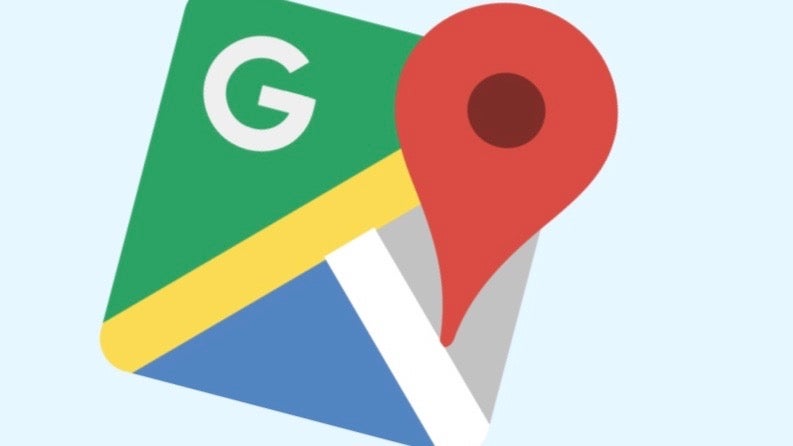Coronavirus Tracking Reports: How to stop Google using your location data for behaviour tracking

There’s currently a lot of discussion about the new NHS app for tracking the spread of coronavirus, but for a while now Google has been publishing a series of “Covid-19 Community Mobility” reports, using the location data from people’s phones to track movements and behavioural changes in countries, cities and towns across the world, during the coronavirus crisis. The reports themselves are insightful, but the ease with which Google has managed to put them together is slightly creepy. If you don’t want Google to use your data for these reports, read on.
If you haven’t seen one of these Community Mobility reports yet, here’s one of them. They highlight rises and falls in the number of visitors to various types of place, which fall into one of six categories:
- Retail and recreation (restaurants, cafes, shopping centres, theme parks, museums, libraries, cinemas)
- Grocery and pharmacy (supermarkets, food warehouses, farmers’ markets, specialty food shops, drug stores, pharmacies)
- Parks (national parks, public beaches, marinas, dog parks, plazas, public gardens)
- Transit stations (Underground, bus, and train stations, and other public transport hubs)
- Workplaces
- Residential
The reports show these trends as percentage point increases or decreases, rather than actual visitor numbers, in order to bring the creep factor down a little.
Google has also added that the data it uses is anonymised “to keep your activity data private and secure”, and that “no personally identifiable information, such as an individual’s location, contacts or movement, will be made available at any point”.
“We hope these reports will help support decisions about how to manage the COVID-19 pandemic. For example, this information could help officials understand changes in essential trips that can shape recommendations on business hours or inform delivery service offerings,” Google says.
“Similarly, persistent visits to transportation hubs might indicate the need to add additional buses or trains in order to allow people who need to travel room to spread out for social distancing. Ultimately, understanding not only whether people are traveling, but also trends in destinations, can help officials design guidance to protect public health and essential needs of communities.”
But there are still plenty of people who aren’t quite sure if the good that these reports have the potential of doing outweigh how they feel about Google. Given the search giant’s highly questionable track record with matters of privacy, it’s easy to understand why some people are feeling uneasy.
Here’s what you need to do to stop Google from using your location data for its COVID-19 Community Mobility reports.
- Visit your Google account page (or click this link)
- Open the ‘Data & Personalization’ menu
- Select ‘Location History’
- Turn the toggle off and hit ‘Pause’ when Google asks for confirmation
Related: How to stop Facebook tracking you when you’re not on Facebook


